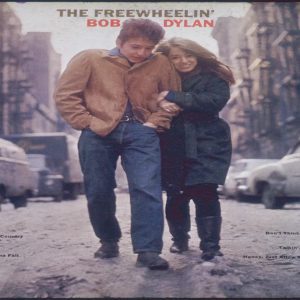The nickname "Bill" for "William" is a result of medieval English linguistic evolution and a common pattern of nickname formation called "rhyming slang" or more generally, hypocorism.
The Medieval Linguistic Shift
In medieval England, the original Norman name "William" underwent pronunciation shifts. The initial letter "W" was sometimes softened or altered, particularly in affectionate or diminutive forms. This led to the "Will" part of the name being pronounced similarly to "Bill". Essentially, the /w/ sound mutated to a /b/ sound. This phenomenon, where consonants switch to similar-sounding but different ones (bilabial plosives in this case), is not uncommon in language evolution and nickname creation.
The Role of Rhyming Slang & Hypocorism
This "W" to "B" shift fits a broader pattern:

- Rhyming Association: Once "Will" morphed into "Bill," the new sound rhymed with the original syllable. Rhyming nicknames like "Will" -> "Bill," "Rob" for "Robert," "Dick" for "Richard," and "Peg" for "Margaret" became entrenched in English.
- Hypocorism: This is the linguistic process of creating familiar, often shorter, affectionate versions of names. It frequently involves sound substitution, clipping, and adding suffixes like "-y" (e.g., "Billy"). The /w/ to /b/ switch was a natural hypocoristic transformation for "William."
Societal Adoption & Persistence
Over centuries, these rhyming nicknames became deeply ingrained in English-speaking cultures. "Bill" moved beyond just a childish or familial nickname into widespread, acceptable adult usage, coexisting with "Will" and "Willie" as standard short forms for William. Its enduring popularity ensures its continued use today.












